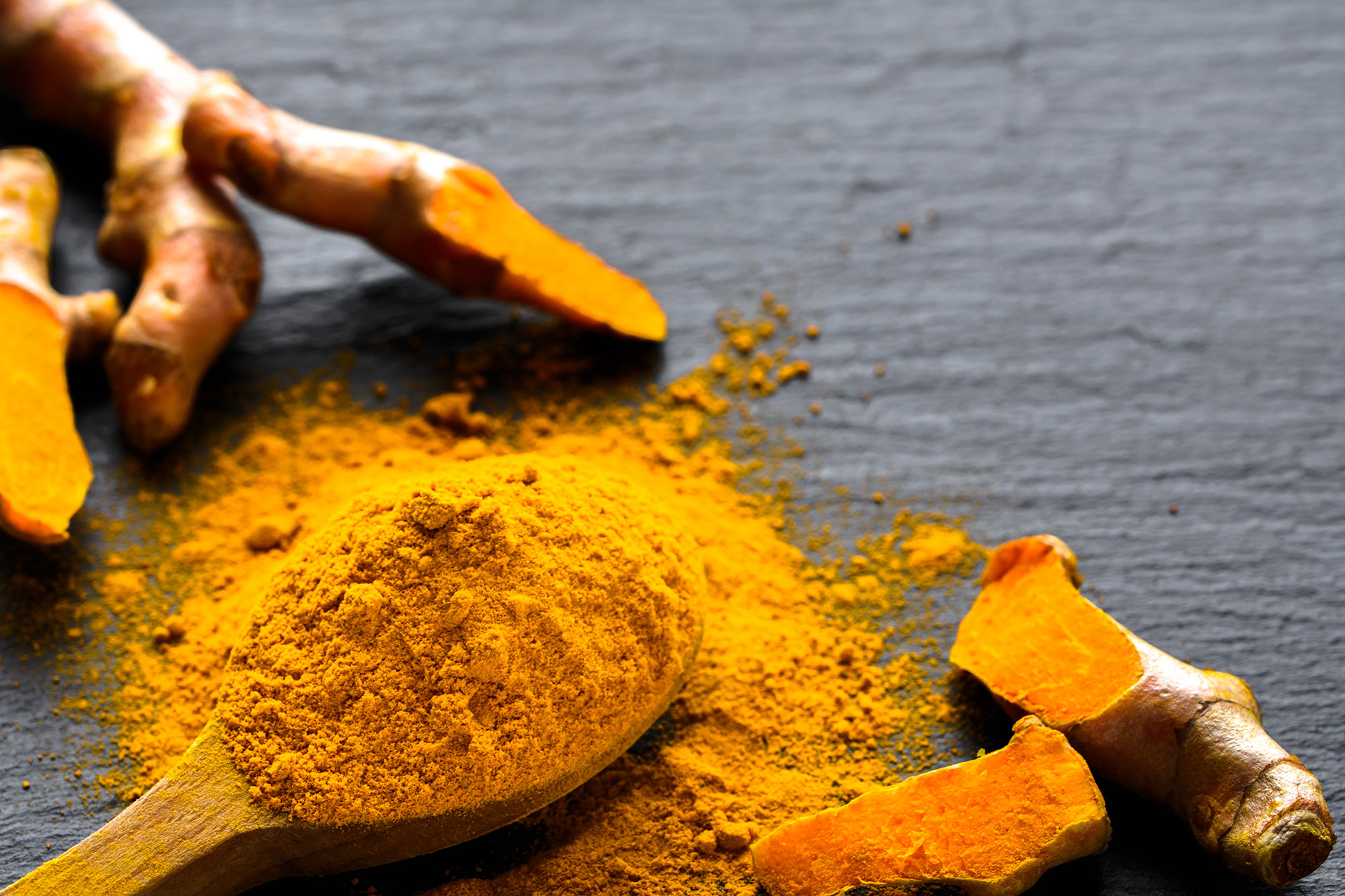
Why Turmeric callled as Medicine ?
Unveiling the Golden Treasure of Medicinal Benefits
Introduction:
Turmeric, a spice that has graced the kitchens of India for centuries, is more than just a vibrant addition to curry. Widely recognized for its brilliant golden hue and warm, earthy flavor, turmeric boasts an impressive array of medicinal properties that have made it a staple in traditional healing practices. This article explores the medicinal value of turmeric, shedding light on its active compound, curcumin, and the diverse health benefits it offers.
1. The Golden Compound – Curcumin:
At the heart of turmeric’s medicinal prowess lies curcumin, a bioactive compound with potent anti-inflammatory and antioxidant properties. While turmeric itself contains a modest percentage of curcumin, this active ingredient is responsible for many of the spice’s health benefits.
2. Powerful Anti-Inflammatory Agent:
Chronic inflammation is implicated in various diseases, including arthritis, heart disease, and certain cancers. Curcumin has been shown to be a powerful anti-inflammatory agent, inhibiting the activity of inflammatory molecules and potentially mitigating the risk of chronic diseases associated with inflammation.
3. Antioxidant Defense:
Turmeric, through curcumin, acts as a potent antioxidant, neutralizing free radicals that can cause oxidative damage to cells. Antioxidants play a crucial role in maintaining cellular health and are believed to contribute to the prevention of various chronic conditions, including neurodegenerative diseases.
4. Supporting Joint Health:
The anti-inflammatory properties of curcumin make turmeric a popular choice for those seeking natural remedies for joint pain and arthritis. Some studies suggest that curcumin may be as effective as certain anti-inflammatory medications in alleviating symptoms associated with arthritis, providing a more natural alternative.
5. Heart Health and Cholesterol Regulation:
Turmeric’s impact extends to cardiovascular health. Curcumin has been linked to improvements in endothelial function, the lining of blood vessels, which plays a crucial role in regulating blood pressure. Additionally, it may help lower LDL cholesterol levels, contributing to overall heart health.
6. Neuroprotective Effects:
The potential neuroprotective properties of curcumin are a subject of growing interest in research. Studies suggest that curcumin may cross the blood-brain barrier and has anti-inflammatory and antioxidant benefits that could be beneficial in the prevention and treatment of neurodegenerative diseases like Alzheimer’s.
7. Anti-Cancer Potential:
While research is still in its early stages, there is emerging evidence suggesting that curcumin may have anti-cancer properties. Its ability to modulate inflammation, inhibit the growth of cancer cells, and prevent the development of blood vessels that supply tumors highlights its potential role in cancer prevention and treatment.
8. Digestive Health:
In traditional medicine, turmeric has been used to aid digestion and alleviate digestive issues. The anti-inflammatory and antioxidant properties of curcumin may contribute to maintaining a healthy digestive system, potentially easing symptoms of conditions like irritable bowel syndrome (IBS) and indigestion.
Conclusion:
Turmeric, with its active compound curcumin, is not just a spice that adds depth to culinary creations; it is a golden treasure trove of medicinal benefits. From its anti-inflammatory and antioxidant properties to its potential in supporting heart health and contributing to cancer prevention, turmeric has earned its place as a versatile and powerful healer. As ongoing research continues to unveil more about the medicinal value of turmeric, its golden glow will undoubtedly continue to shine brightly in both kitchens and medicine cabinets around the world.
